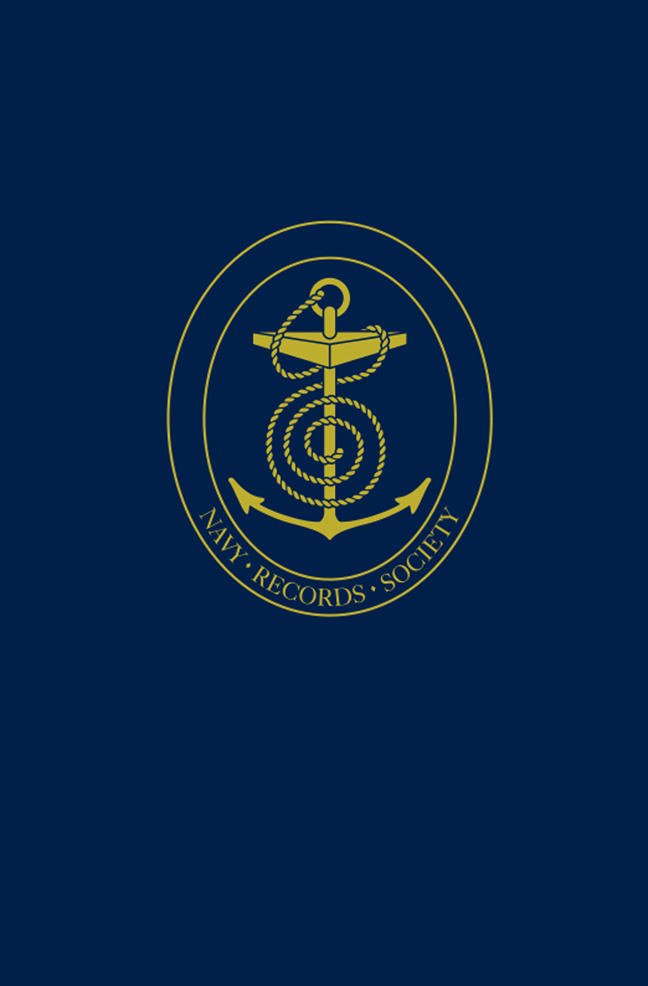Book contents
- Frontmatter
- Dedication
- Contents
- List of Illustrations
- Preface
- Acknowledgements
- Glossary of Abbreviations
- A Brief Bibliography
- Part I The Washington Conference, 1919–1923
- Part II The Geneva Conference, 1922–1927
- Part III The First London Naval Conference, 1927–1930
- Part IV The Second London Naval Conference, 1930–1936
- Part V The Sailors Meet, 1919–1939
- Part VI Edging towards an Alliance, 1937–1939
- Documents and Sources
- Index
- Miscellaneous Endmatter
Part IV - The Second London Naval Conference, 1930–1936
Published online by Cambridge University Press: 05 March 2024
- Frontmatter
- Dedication
- Contents
- List of Illustrations
- Preface
- Acknowledgements
- Glossary of Abbreviations
- A Brief Bibliography
- Part I The Washington Conference, 1919–1923
- Part II The Geneva Conference, 1922–1927
- Part III The First London Naval Conference, 1927–1930
- Part IV The Second London Naval Conference, 1930–1936
- Part V The Sailors Meet, 1919–1939
- Part VI Edging towards an Alliance, 1937–1939
- Documents and Sources
- Index
- Miscellaneous Endmatter
Summary
In the summer of 1934, Leslie Craigie, the British Government's chief diplomatic advisor on arms limitation, wrote to Ray Atherton, the longserving Counselor at the American Embassy, ‘It is unfortunately the case that since the London Naval Treaty was concluded in 1930 a very serious deterioration in the international and political outlook has occurred.’ Craigie wrote in the midst of lengthy preliminary negotiations between the British and the Americans (led by President Franklin D. Roosevelt's confidant, Norman H. Davis) held in advance of a projected naval arms limitation conference scheduled for 1935 and intended to carry forward the Treaties of Washington (1922) and London (1930) for another six to ten years [120–27, 130–41, 143–6]. They were conducted amid war and rumours of war and thus had an unpromising backcloth. Since the 1930 conference, Japan had witnessed two Prime Ministers assassinated, other civilian leaders cowed into silence and several senior naval officers who had supported the Treaty system forced into early retirement. Worse still, a rogue element in the Japanese Army, supposedly guarding a railway concession in Manchuria, had provoked the ‘Mukden Incident’ with Chinese troops in September 1931. This was a major step on the road to Pearl Harbor, one compounded by the abjectly weak response of the League of Nations and the United States to an event of militaristic opportunism, if not of outright aggression. It was followed in January 1932 by a Sino-Japanese clash in Shanghai, occasioned by local patriotism but leading to the use of overwhelming force by the Japanese and much suffering for the local population; the western powers helped to stitch up a shaky peace. It was no longer clear who really spoke for Japan. A few months later Adolf Hitler came to power in Germany and quickly made his intentions clear internally and on the European stage. In Italy, Mussolini, dormant for a decade, was moving towards a seizure of Abyssinia, accomplished in 1935 [125, 132, 134, 141, 145, 146].
The London Naval Treaty of 1930 was due to terminate on 31 December 1936, at the same time as the landmark Washington Naval Treaty of 1922, and there was provision for another conference in 1935, with London again nominated as the venue.
- Type
- Chapter
- Information
- Anglo-American Naval Relations, 1919-1939 , pp. 151 - 212Publisher: Boydell & BrewerFirst published in: 2024



